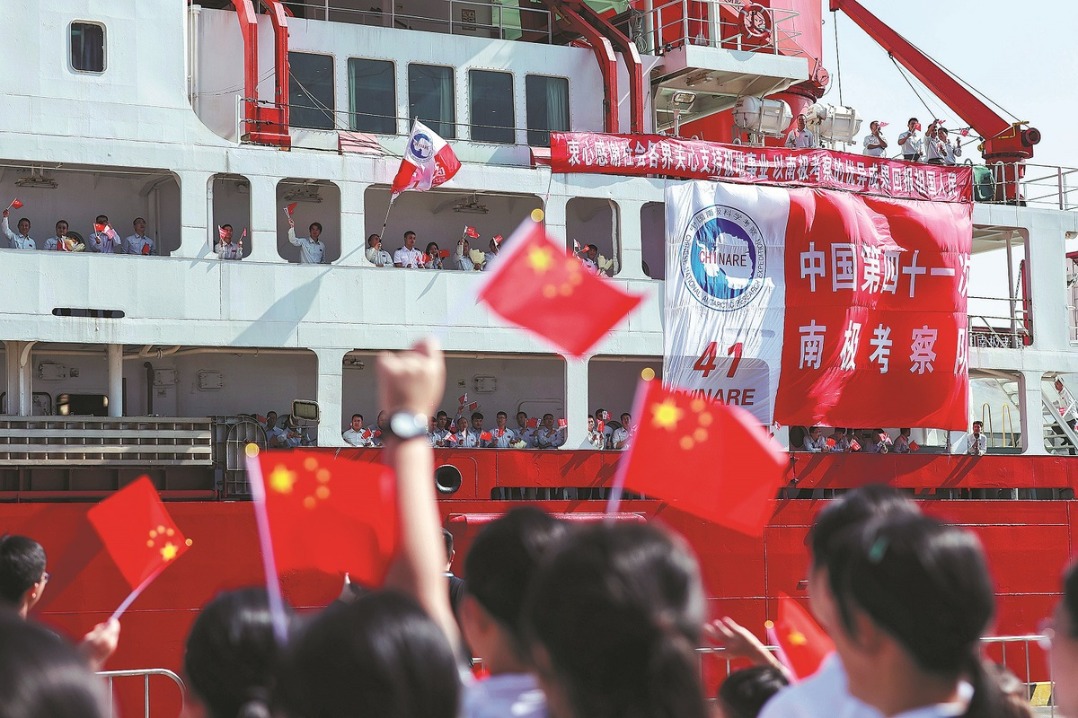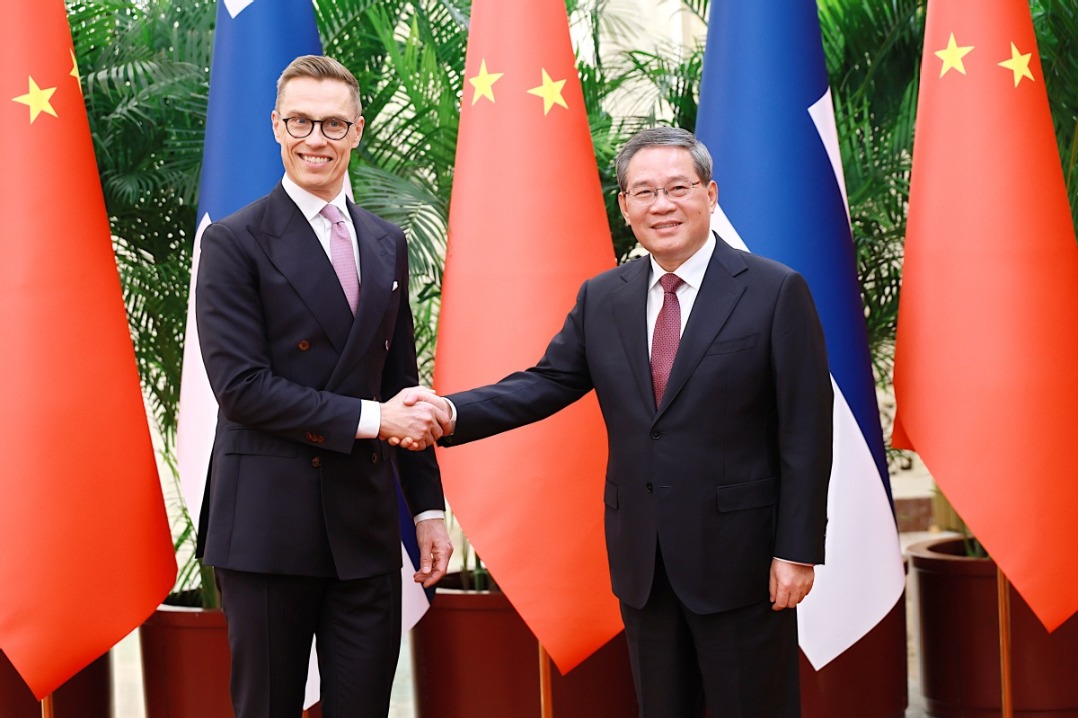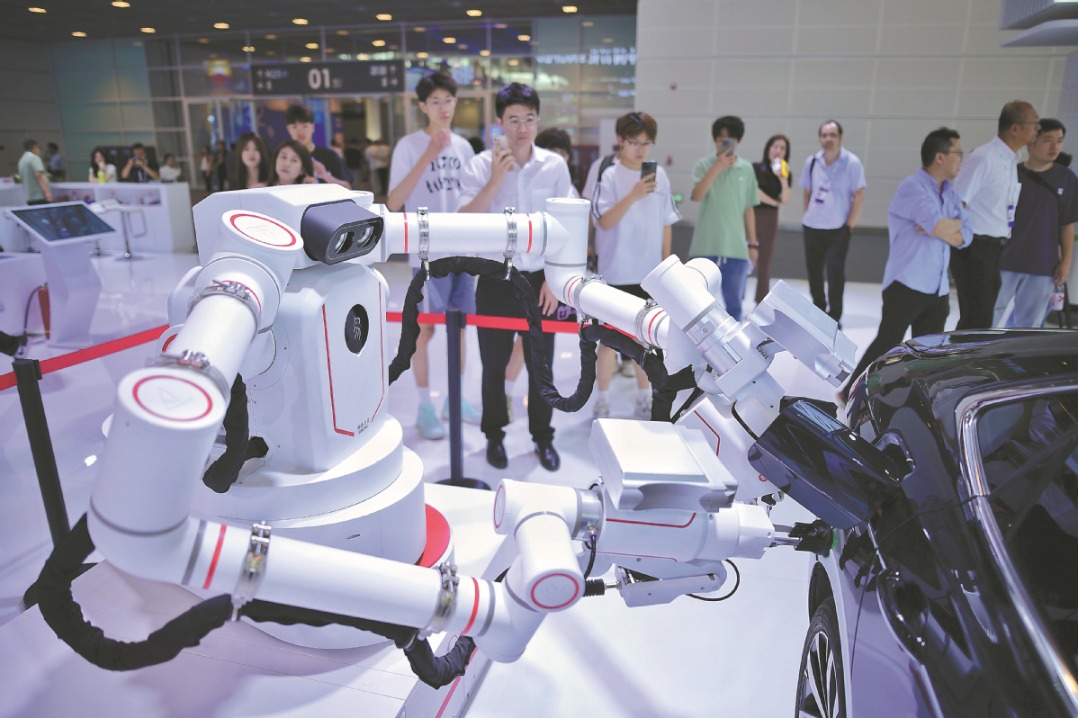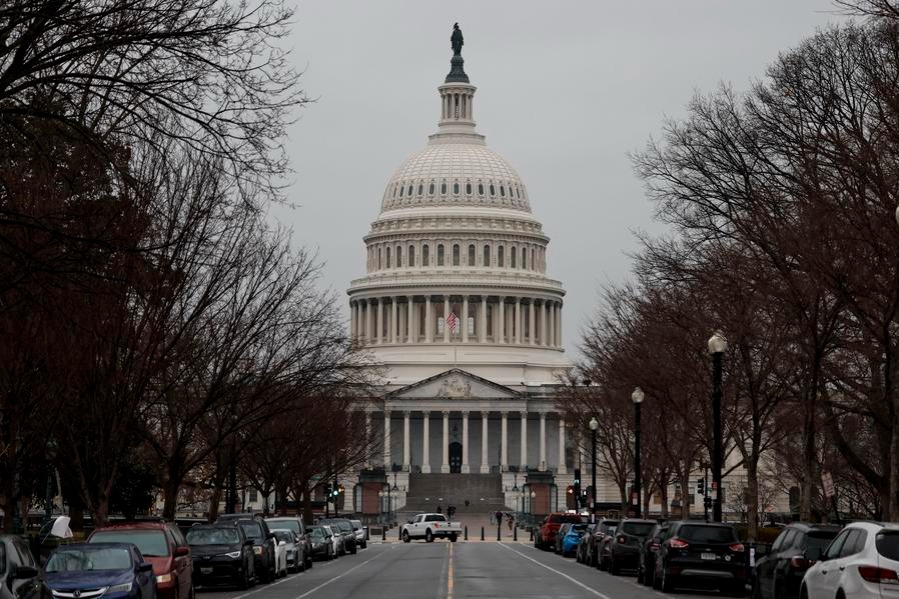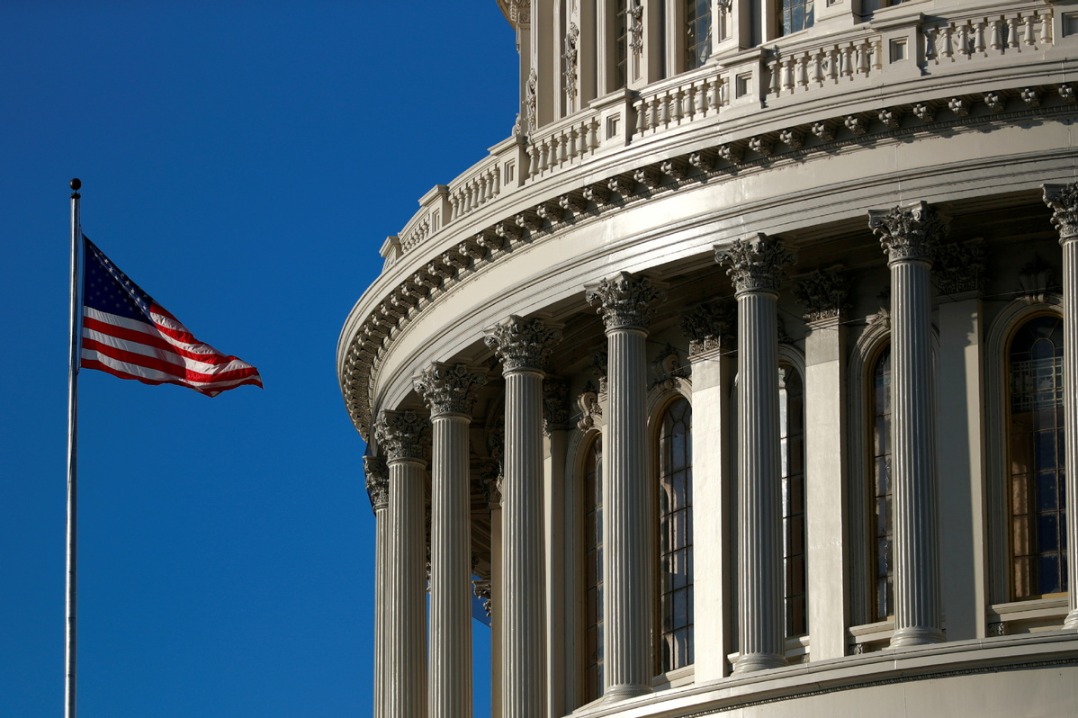Time for Seoul to reassess its borrowed policy

While the planned visit of Republic of Korea Foreign Minister Cho Tae-yul to China from Monday to Tuesday is not expected to mend the bilateral relationship, it is anticipated that it will at least help both sides work toward that end.
Cho's visit comes at a time when the ROK has a trade deficit of $18 billion with China, which was previously the source of its largest trade surplus. This is the first trade deficit the ROK has had with China since the two sides forged diplomatic ties in 1992. The reason is political rather than economic.
As ROK-based East Asia Daily pointed out, China imported $4.48 billion worth of semiconductors from the ROK in 2023, 20.3 percent lower than in 2022. This is due to the United States cajoling the ROK to limit its chip exports to China. In other words, it is the ROK that has suffered most heavily by faithfully heeding the US' call for its allies to cut their chips supply to China.
Thus when the ROK Foreign Ministry told the media that the two nations would talk about "issues of common interest, from bilateral relations, the trilateral summit and the Korean Peninsula, to regional and global issues", they need to know the plain truth that the two nations' common interest can only be ensured by Seoul pursuing an independent foreign policy. That applies not only to trade but also security considering its worsening relationship with the Democratic People's Republic of Korea.
With the ruling People Power Party performing poorly in the congressional election in April, the Yoon Suk-yeol government has almost become a lame duck. It needs to uphold strategic autonomy that serves the nation's own interests rather than those of the US. Thus Seoul is accelerating its steps to improve relations with its neighbors.
The fact that the ninth China-Japan-ROK leaders' meeting is scheduled to be held in Seoul on May 26-27, according to ROK sources, offers the opportunity for the three countries to find ways to work together for their mutual benefit.
Seoul deserves credit for actively promoting the resumption of the meeting mechanism that has been suspended since 2019. Yet the challenges faced by the trilateral relations over the past five years should remind Seoul, as well as Tokyo, that it is imperative to carry out exchanges in good faith if the three neighbors are to delve into the issues where their ties really rub, and work together to deliver on their potential with concrete and earnest actions.


















